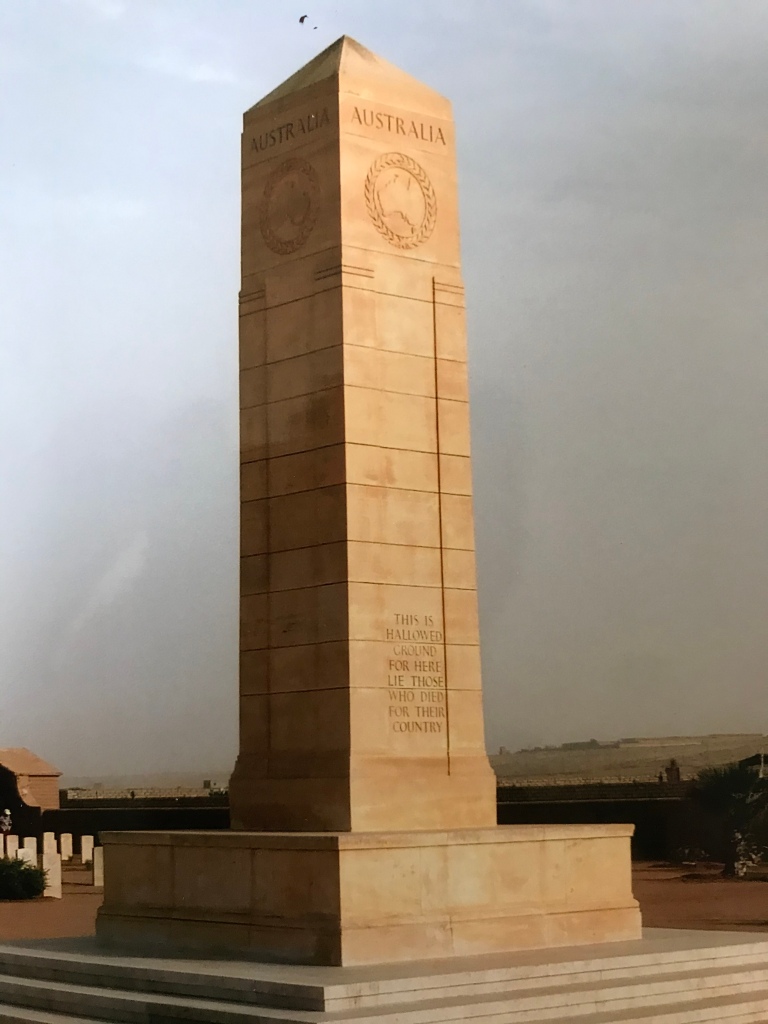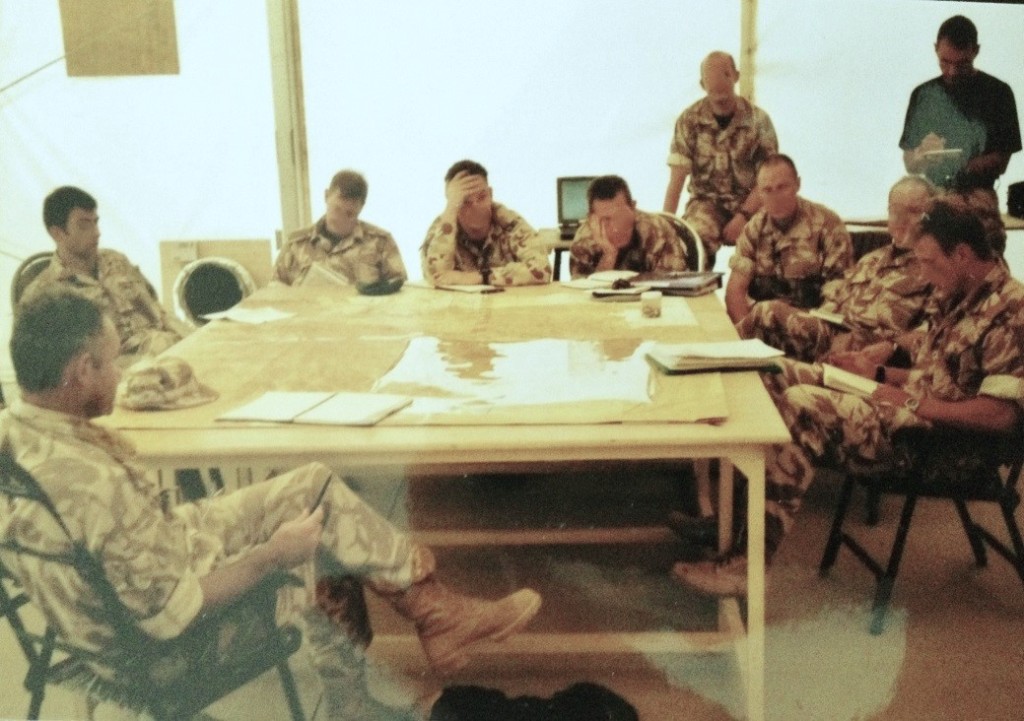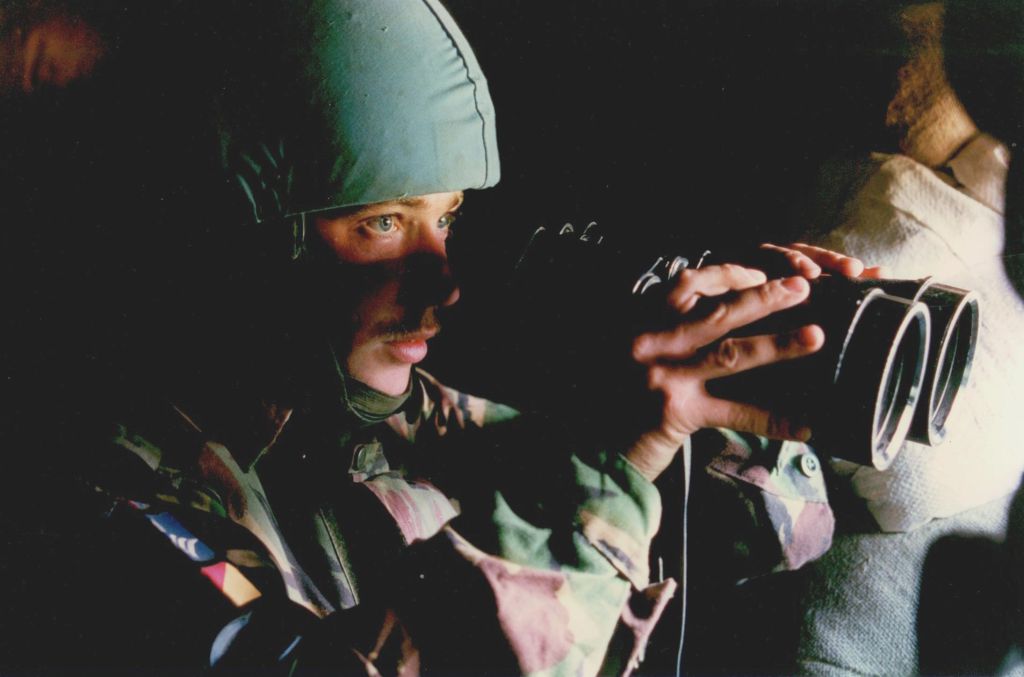Four notable characters feature in both Churchill’s Abandoned Prisoners and Liberating Libya. The first three were a courageous soldier, a distinguished diplomat and a political titan. The soldier, Brian Horrocks, was one of the last British prisoners to be released from Moscow in World War I and then earned an immediate DSO commanding XIII Corps in the western desert during World War II. The diplomat, Miles Lampson (later Lord Killearn), was the last British Consul with Admiral Kolchak in 1920 and the first British Ambassador to Egypt (when the appointment changed from High Commissioner). The politician, Winston Churchill, did more than anyone to secure the release of the prisoners from Moscow and later as Prime Minister, stayed with the Lampsons in Cairo while he met General Horrocks for the first time (and then told Monty to sack him).
The fourth character was, however, more prominent in both books through the strength of his “ready pen”. Francis McCullagh was heralded by the great newspaper editor, WT Stead, as having “a potent influence of the policy of Great Britain”. He was a worthy successor to William Howard Russell and could be described as the finest War Correspondent of his generation. His influential writings about Bolshevik Russia and Italian Libya are extraordinarily powerful, but what sets him apart are his “fearless spirit” and intrepid adventures in Tripoli and Moscow. These culminated with his arrest, torture and interrogation in Lubyanka by the Tcheka during the Easter weekend of 1920. For those thinking of Evan Gershkovich at this time, Francis McCullough provides some hope and inspiration for a happy ending.

Francis McCullagh in Russia





